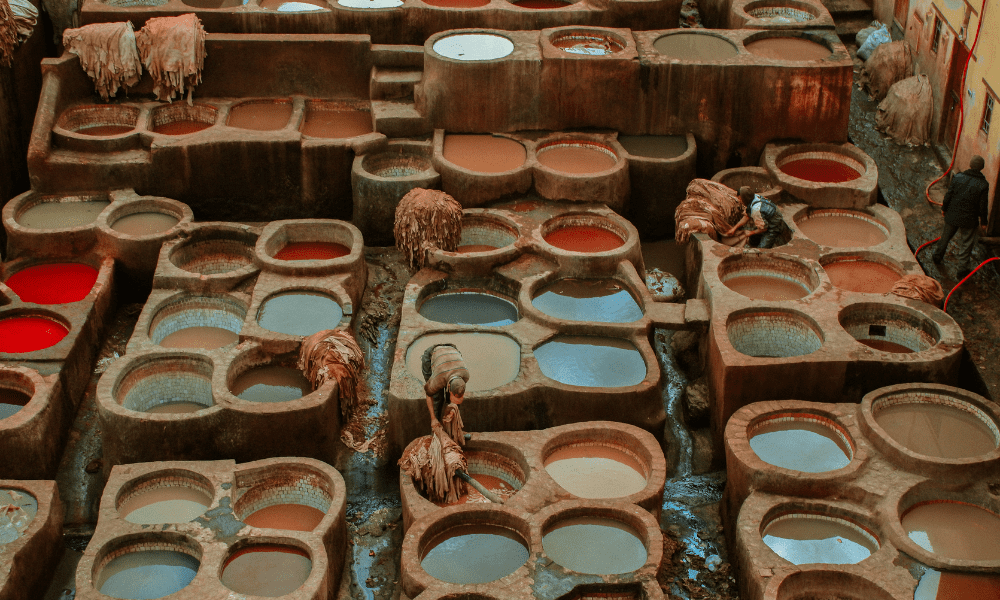Uncategorized
Moroccan Craftsmanship: A Legacy of Cultural Heritage
Moroccan Craftsmanship: A Legacy of Cultural Heritage
Morocco is a country with a rich and diverse cultural heritage, and this is evident in the exceptional craftsmanship of its people. For centuries, Moroccan artisans have been creating beautiful and intricate objects using traditional techniques and materials, many of which have been passed down from generation to generation. This rich tradition of craftsmanship is an important part of Morocco’s cultural heritage, and it continues to play a vital role in the country’s economy and cultural identity.
One of the most notable aspects of Moroccan craftsmanship is the use of natural materials. Wood, clay, leather, brass, and textiles are among the materials used to create a wide range of objects, from furniture and decorative objects to clothing and accessories. The use of these materials, combined with traditional techniques and designs, results in unique and beautiful objects that are both functional and aesthetically pleasing.
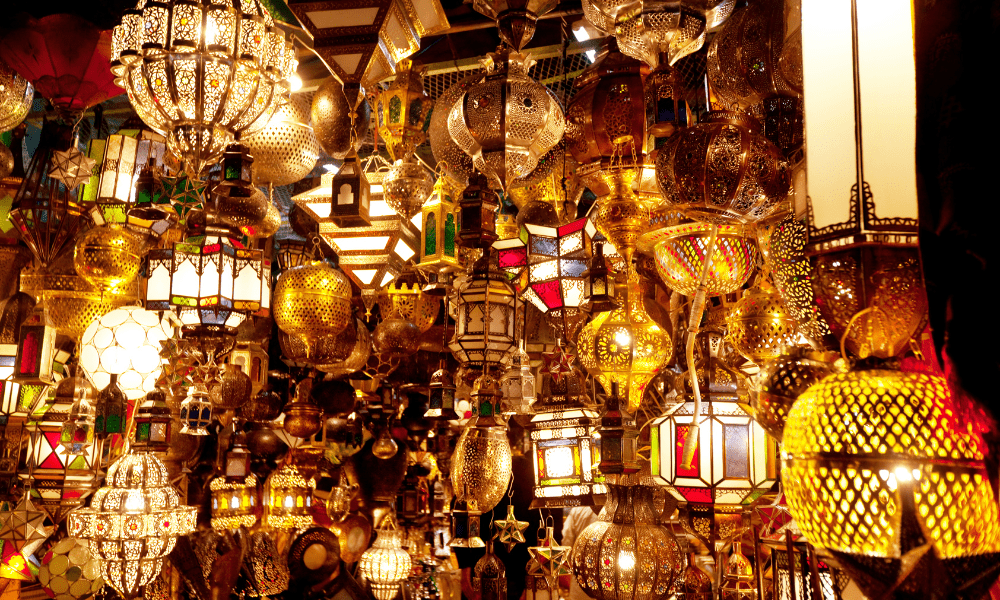
One of the most famous examples of Moroccan craftsmanship is the production of traditional textiles. The country is known for its vibrant and colorful textiles, which are produced using a variety of techniques, including weaving, embroidery, and dyeing. From the intricate geometric patterns of Berber rugs to the ornate embroidery on traditional djellabas, textiles are an integral part of Moroccan craftsmanship and are a symbol of the country’s cultural heritage.
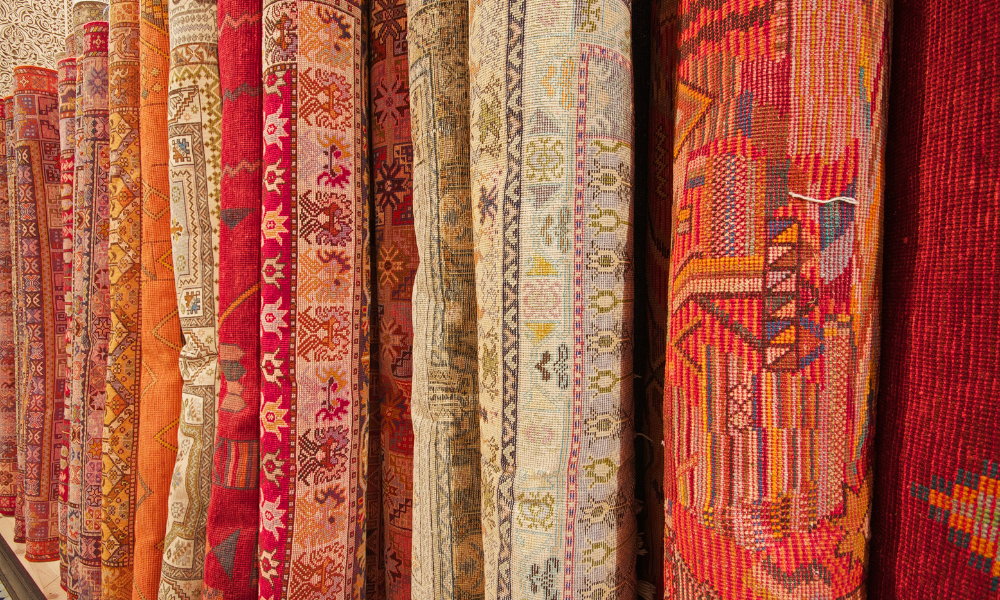
Another important aspect of Moroccan craftsmanship is the production of traditional ceramics. The country has a long history of ceramic production, with roots dating back to the ancient Kingdom of Morocco. Today, ceramicists continue to produce beautiful and intricate objects, including plates, bowls, vases, and teapots, using traditional techniques and designs. Moroccan ceramics are known for their bright colors and intricate patterns, and they are highly sought after by collectors and enthusiasts around the world.
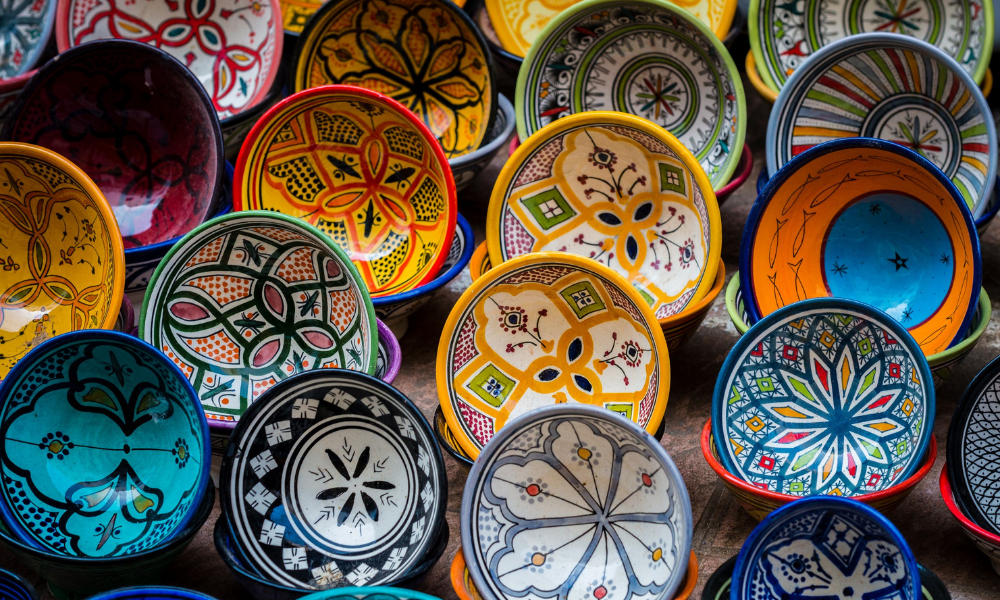
Another important form of Moroccan craftsmanship is the production of traditional metalwork. From brass lanterns and candlesticks to intricate jewelry and intricate vases, metalwork is an important part of the country’s cultural heritage. The production of metalwork involves a complex and time-consuming process that requires the skills of highly skilled artisans.
One of the most distinctive forms of Moroccan craftsmanship is the production of traditional wooden furniture. The country is known for its beautiful and ornate wooden furniture, which is crafted using traditional techniques and materials. From intricate carvings to inlaid designs, Moroccan wooden furniture is a testament to the skill and creativity of the country’s artisans.
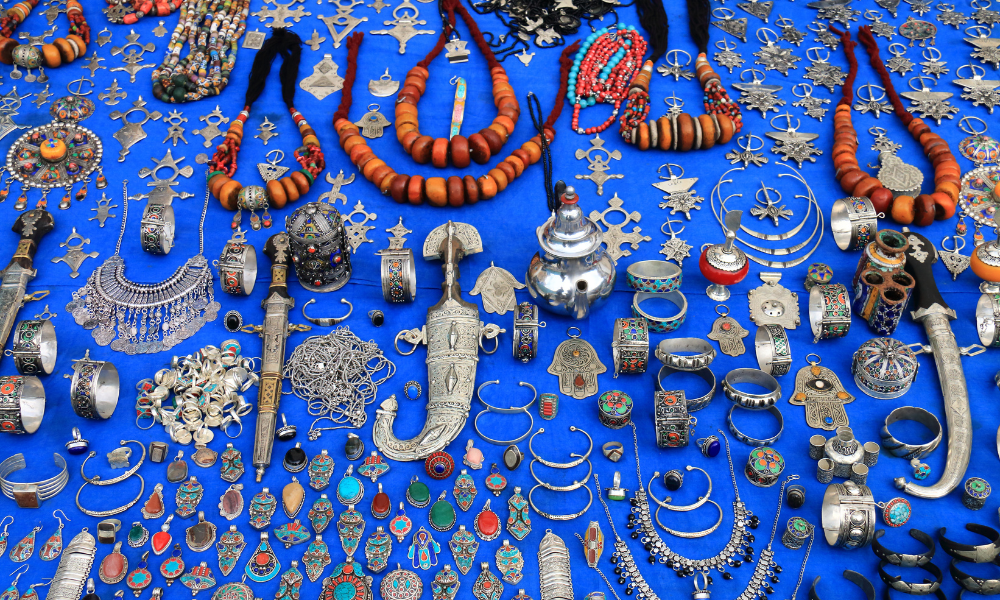
Another important aspect of Moroccan craftsmanship is the production of traditional leather goods. From intricate handbags and wallets to leather-bound journals and photo albums, leather goods are an integral part of the country’s cultural heritage. The production of leather goods involves a complex and time-consuming process that requires the skills of highly skilled artisans.
In addition to the production of traditional objects, Moroccan craftsmanship also includes the production of contemporary objects that draw on the country’s rich cultural heritage. From contemporary rugs and textiles to modern ceramics and metalwork, Moroccan artisans are constantly pushing the boundaries of traditional techniques to create beautiful and innovative objects.
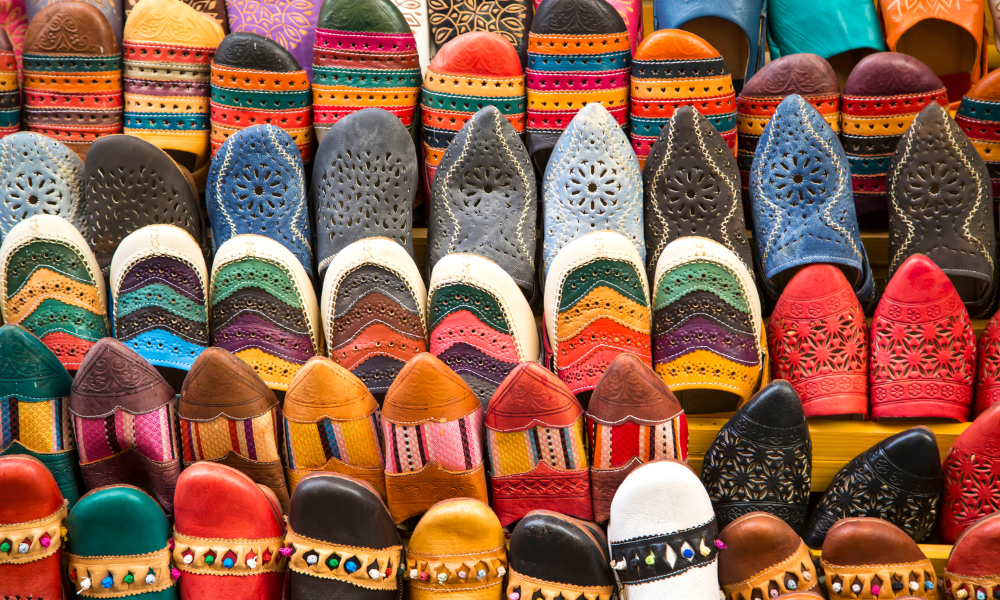
In conclusion, Moroccan craftsmanship is a rich and diverse tradition that reflects the country’s cultural heritage and the skills of its people. From traditional textiles and ceramics to contemporary objects, the craftsmanship of Morocco is a testament to the country’s rich cultural heritage and the creativity and ingenuity of its people. Whether you are looking for unique and beautiful objects for your home or seeking to invest in a piece of cultural heritage, Moroccan craftsmanship offers a wealth of possibilities.


